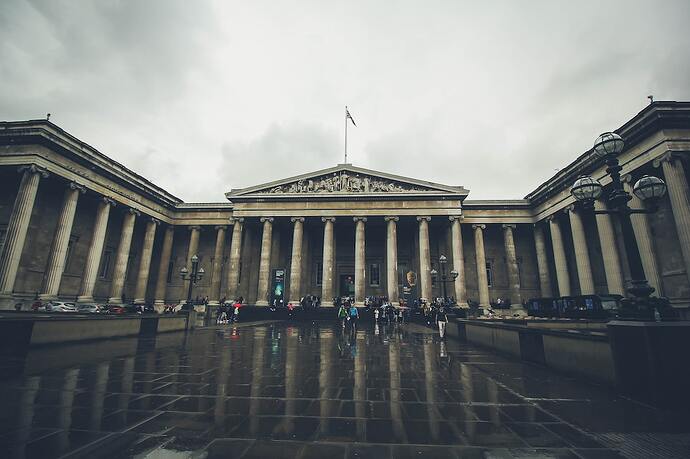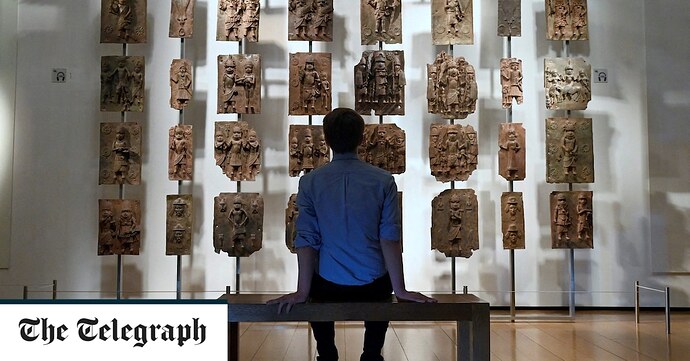The British Museum is a world-renowned museum located in the heart of London, England. It is one of the largest and most comprehensive museums in the world, with a collection spanning over two million years of human history and culture. The museum’s collections are so vast, in fact, that it requires an entire day or more to fully appreciate it.
The museum was founded in 1753, and was built on the collection of Sir Hans Sloane, a physician and naturalist. Over the years, the museum has grown and expanded its collection, becoming a major hub of cultural and historical research for scholars around the world. Visitors are always astounded by the museum’s incredible collections, which are divided into various departments, including Asia; Africa, Oceania, and the Americas; Coins and Medals; Prints and Drawings; and Middle East.
Notable items in the museum’s collection include the Rosetta Stone, which provided the key to deciphering hieroglyphics; the Parthenon sculptures, which were removed from Greece in the 19th century and are controversially displayed in the museum; and the Egyptian mummies, which are some of the best-preserved in the world.
The museum has undergone many renovations and changes over the years, including the expansion of the Great Court in 2000, which created an indoor space for visitors to relax and explore. In recent years, the museum has also come under criticism for the ways in which it acquires and displays cultural artifacts from other countries, particularly those that were taken without the consent of the countries from which they originated. However, the museum has taken steps towards restitution and repatriation, such as returning looted objects to Greece and exploring new ways to collaborate with indigenous communities and nations.
Overall, the British Museum is an exceptional resource for anyone interested in the history and culture of humanity. Its collections are vast and diverse, offering an endless supply of knowledge and inspiration to visitors. Whether you are a scholar, a student, or simply a curious traveler, the British Museum is a must-visit destination.
Disclaimer
6do Encyclopedia represents the inaugural AI-driven knowledge repository, and we cordially invite all community users to collaborate and contribute to the enhancement of its accuracy and completeness.
Should you identify any inaccuracies or discrepancies, we respectfully request that you promptly bring these to our attention. Furthermore, you are encouraged to engage in dialogue with the 6do AI chatbot for clarifications.
Please be advised that when utilizing the resources provided by 6do Encyclopedia, users must exercise due care and diligence with respect to the information contained therein. We expressly disclaim any and all legal liabilities arising from the use of such content.











